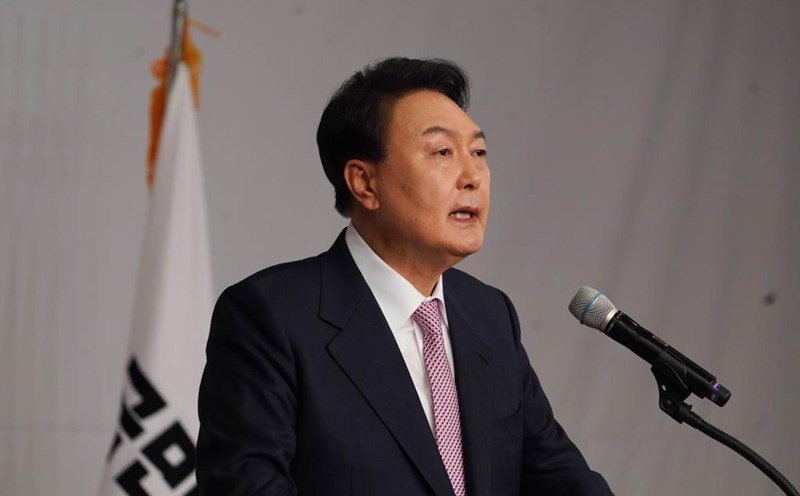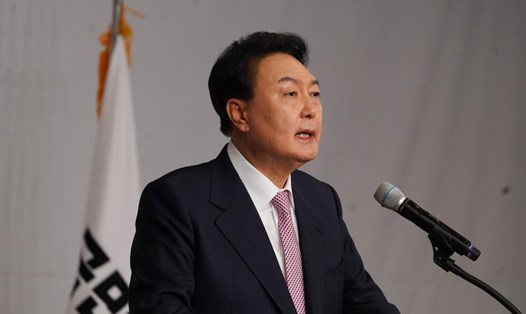Yonhap reported that the Corruption Investigation Office (CIO) of South Korea said it had suspended the execution of the arrest warrant for Yoon Suk Yeol at 1:30 p.m. (local time), about five and a half hours after investigators arrived at the presidential palace.
"We determined that the execution of the warrant would be nearly impossible due to the hours-long standoff between investigators and presidential security personnel, and have suspended execution of the warrant out of concern for the safety of our personnel," the CIO said in a statement to the press.
The CIO expressed regret over the suspect’s refusal to comply with legal procedures. A CIO official told reporters that investigators had come within 200 meters of the residence but were prevented from getting any closer. More than a dozen cars blocked the road and about 200 people from the Presidential Security Service (PSS) or the military formed several layers of walls, making it impossible for the arrest team of 20 people from the CIO and 80 police to pass.
Outside, thousands of Mr. Yoon’s supporters gathered around the palace, protesting the arrest and speaking out in defense of the president. Many shouted slogans calling for the leader’s protection, criticizing the investigation agency and demanding that the arrest warrant be revoked.
Meanwhile, Mr. Yoon’s legal team issued a statement rejecting the legality of the arrest warrant, arguing that the Corruption Investigation Office has no jurisdiction to handle riot-related charges. They also urged law enforcement agencies to consider carefully before assisting in the execution of the warrant.
Mr. Yoon is under investigation for allegedly inciting riots related to the imposition of martial law, which has shocked the public and sparked fierce debate about the president's power and responsibility in the political system.
While the arrest warrant remains in effect, officials are considering next steps in dealing with the challenging situation. The case continues to draw attention, raising questions about the role and responsibilities of security forces, as well as its impact on South Korea’s legal and political systems.







